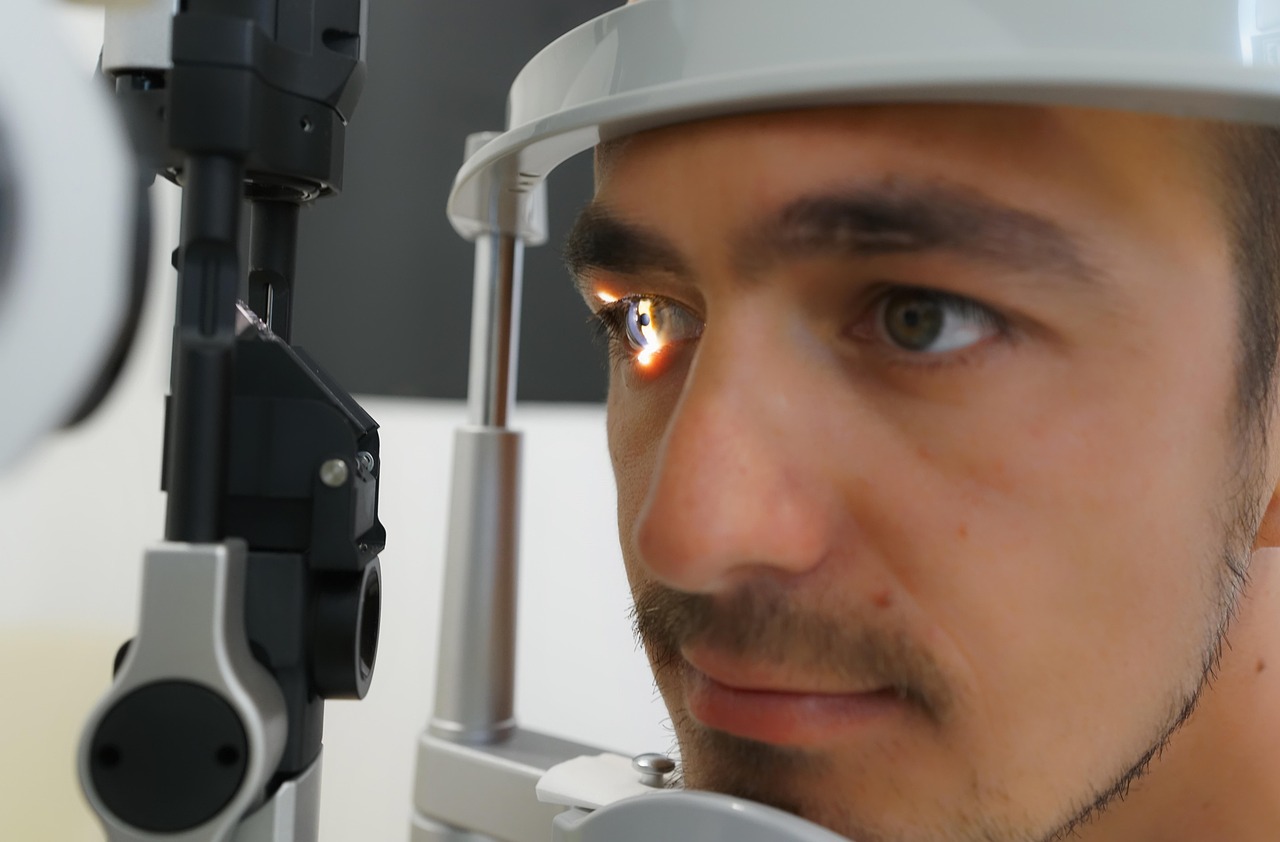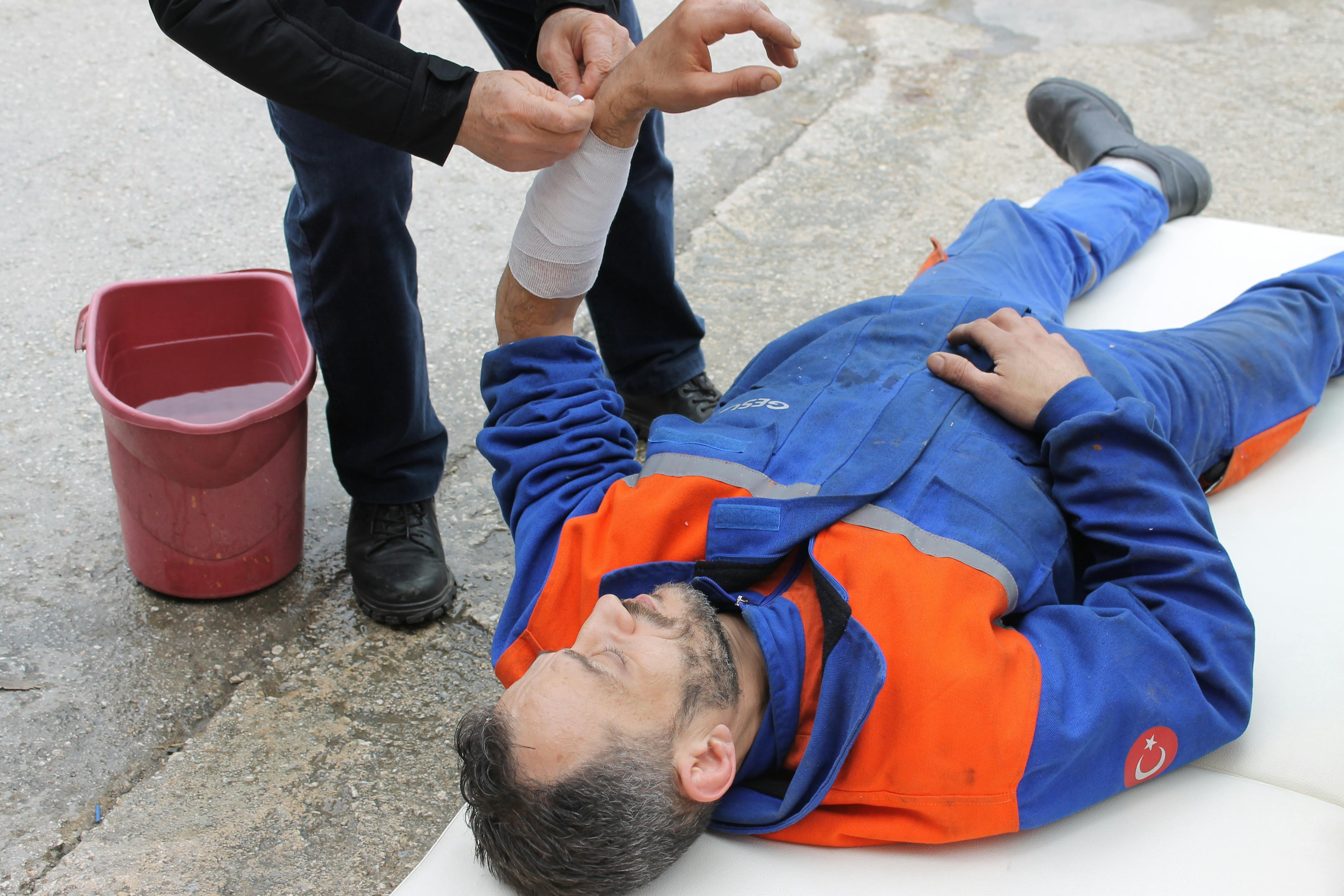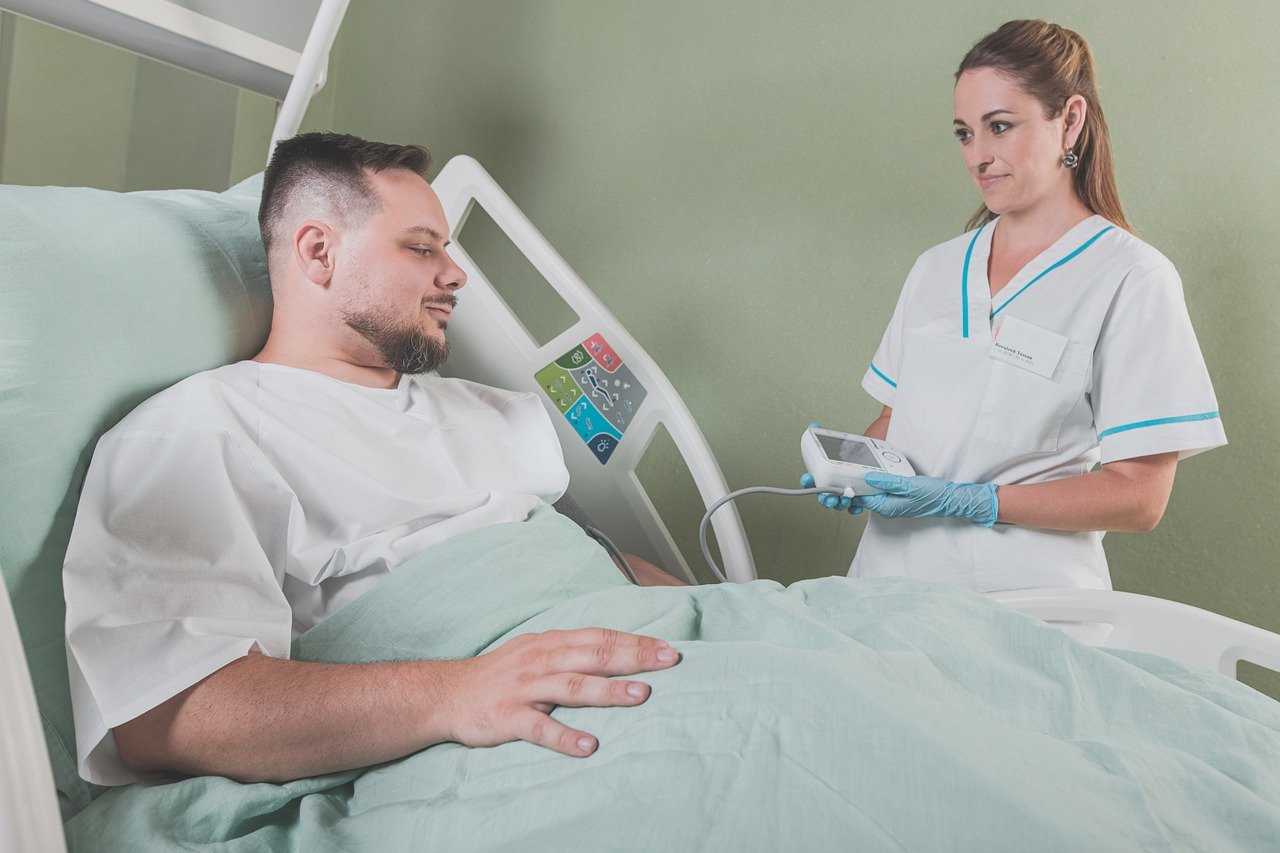31
Oct 2023
How a Chiropractor Can Help with Your Post-Hospital Recovery
Published in General on October 31, 2023

When you have been discharged from a hospital stay, the last thing you want to experience is continued pain or discomfort. Fortunately, there is hope for those still suffering even after they’ve recovered and returned home -- help from your local chiropractor! With specialized treatment plans tailored to meet the unique needs of post-hospital patients, these highly-trained professionals can offer a range of options that are designed not only to reduce existing symptoms but also to support improved long-term health overall. Keep reading this blog post to find out how a chiropractor can help you with your post-hospital recovery!
Look For Local Options
Begin your post-hospital recovery journey by seeking out a local chiropractor. This provides the advantage of easy accessibility and the potential for more frequent visits, if necessary. Local chiropractors are often connected with the local healthcare community, providing a more integrated approach to your recovery. Whether that's a North Lakes chiropractor, a Sydney chiropractor, or a New York City chiropractor, there are plenty of options available to assist with your specific recovery needs. This local approach can be especially beneficial if you require continued care or follow-up visits, as it allows for open communication and coordination between your chiropractor and any other healthcare professionals involved in your recovery.
Restoring Mobility and Range of Motion
Chiropractors excel in treatments that restore mobility and improve range of motion, especially for patients recovering from hospital stays. From gentle manipulations to carefully guided exercises, these techniques help to loosen stiff joints and ease aching muscles. They can also work to correct impairment caused by extended bed rest or surgery. Regular sessions with a chiropractor can progressively increase your flexibility and mobility, making daily activities easier and reducing dependence on pain medications. Furthermore, this holistic, non-invasive approach comes with minimal side effects, making chiropractic care an excellent choice for those on their post-hospital recovery journey.
Reducing Muscular Tension and Spasms
Chiropractic care can be instrumental in alleviating muscular tension and spasms, common issues in post-hospital patients. Through the use of precise spinal adjustments and manipulations, chiropractors target the root cause of muscular tension – misaligned joints. These misalignments can cause the muscles to become tense and spasm as they compensate for the imbalance.
By correcting these misalignments, chiropractors help to relieve this tension and restore normal muscle function. In addition, they may use techniques such as deep tissue massage, heat therapy, or electrical stimulation to directly soothe spasming muscles. Together, these approaches offer a powerful way to manage and reduce muscular tension and spasms improving patient comfort during the recovery process.
Managing Stress and Mental Well-Being
Apart from physical ailments, post-hospital recovery often involves addressing mental stress and emotional well-being. Here's where chiropractic care can play a significant role. Chiropractic techniques, such as spinal adjustments, can help reduce stress levels by improving nervous system functioning and boosting the body's natural endorphin release.
Pain and discomfort often lead to stress and anxiety, so by alleviating these symptoms, chiropractic treatments can also indirectly contribute to better mental health. Some chiropractors may even offer lifestyle advice or relaxation techniques to further aid in stress management.
Remember, healing is a holistic process that encompasses both body and mind and with the help of a chiropractor, you can navigate your recovery journey with a more balanced and healthier mental outlook.
Personalized Chiropractic Care Plans
Personalized chiropractic care is a cornerstone of successful post-hospital recovery. Each individual's body and the circumstances of their hospital stay are unique, thus chiropractic treatment plans should be customized accordingly. A skilled chiropractor will perform a thorough assessment of your health history, present condition, and recovery goals. Based on this information, they will construct a personalized care plan that addresses your specific concerns, whether that be reducing pain, improving mobility, or managing stress.
The treatments in your plan could include a mix of spinal adjustments, therapeutic exercises, heat therapy, and lifestyle advice, all tailored to your particular needs. The chiropractor will also monitor your progress and make necessary adjustments to your plan over time. This level of personalization ensures you receive the most effective treatment possible, accelerating your recovery, and enhancing your overall well-being. Remember, your recovery is a journey, and a personalized chiropractic care plan is your roadmap to a healthier future.
Coordinating with Healthcare Professionals
Chiropractors play an essential role in a multidisciplinary healthcare team, especially in the context of post-hospital recovery. They work closely with other healthcare professionals such as physicians, physical therapists, and mental health experts to ensure a comprehensive approach to patient care. This includes sharing the patient's medical history, treatment progress, and future care plans.
By coordinating with other healthcare professionals, chiropractors can ensure that all aspects of the patient's health are being addressed, leading to more effective and efficient recovery. For instance, if a patient is also receiving physical therapy, the chiropractor can adjust their treatment plan to complement the therapy exercises, thereby enhancing the overall recovery progress.
This collaboration provides a safety net for patients, as multiple healthcare professionals monitor their health. In the event of any unexpected issues or complications, this team-based approach can expedite the process of detecting the problem and devising appropriate interventions. Therefore, coordination with other healthcare professionals is a critical component of a chiropractor's role in post-hospital recovery.
Enhancing Circulation and Healing
Chiropractic care is known to enhance circulation, thereby promoting faster healing post-hospitalization. Proper blood flow is vital for delivering essential nutrients and oxygen to various parts of the body and removing waste products from cells. When body parts, such as muscles and joints, don't receive sufficient blood supply, it may result in inflammation, pain, and slower healing.
Chiropractic adjustments work to rectify this. By correcting joint misalignments, chiropractic treatment facilitates optimal blood flow to previously restricted areas. This increased circulation boosts the body's self-healing capabilities, speeding up recovery from surgery or prolonged hospital stays.
In conclusion, post-hospital recovery can be a challenging and often lengthy process. However, with the help of a chiropractor, you can navigate this journey more comfortably and efficiently. Seek out local options, work together with other healthcare professionals, and create a personalized treatment plan that addresses your unique needs. With regular chiropractic care, you'll be well on your way to healing both physically and mentally and regaining your overall health and well-being. Finally, remember to always consult with your healthcare team before beginning any new treatments or making changes to your recovery plan.









